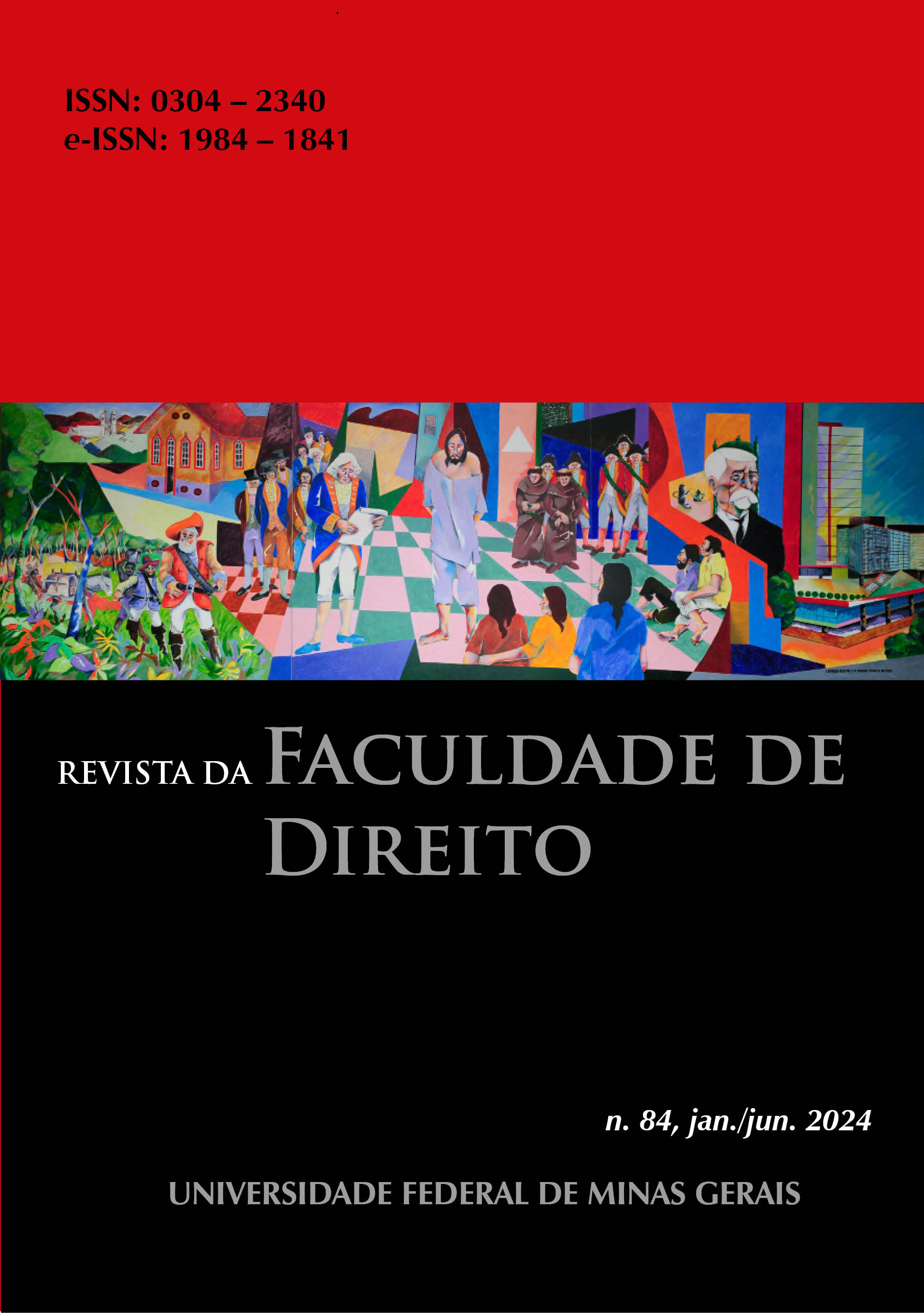TRANSFER OF THE ENFORCEMENT OF JUDGMENTS IN BRAZILIAN LAW: PURPOSES, REQUIREMENTS AND PROCEDURES
DOI:
https://doi.org/10.12818/P.0304-2340.2024v84p141Abstract
Over the past two decades, Brazil has intensified
its efforts to solidify its international legal
cooperation, which has resulted in an increase
in legal cooperation requests processed by
the Ministry of Justice and Public Security.
In criminal matters, cooperation includes,
among other instruments, the transfer of the
enforcement of judgments. This mechanism
allows one State to request another State to
enforce a judgment rendered by the courts
of the former, especially when the convicted
has habitual residence in or is a national of
the latter. The Migration Law introduced
a systematization on this matter, primarily
aiming at reducing impunity, specifically when
nationals are convicted abroad and return
to Brazil. This paper argues that the transfer
of the enforcement of judgments is fully
applicable to Brazilian nationals, without
conflicting with the constitutional protection
existing in cases of extradition. Examining the
legislation and court precedents suggests that
the transfer of the enforcement of judgments
entails an assessment of the legal requirements
by the Ministry of Justice, followed by
the recognition of the foreign criminal
judgment by the Superior Court of Justice. In
conclusion, the transfer of the enforcement of
judgments emerges as a modern instrument
that broadens the capabilities of criminal
prosecution, complementing the existing
international legal cooperation system in
Brazil. Accurately understanding and applying
the transfer of the enforcement of judgments strengthen international legal cooperation in
criminal matters, ensuring the effectiveness of
criminal judgments in cases where extradition
is not feasible.
KEYWORDS: Transfer of the enforcement of
judgments. International legal cooperation.
Migration Law. Recognition of foreign
criminal judgments.




















